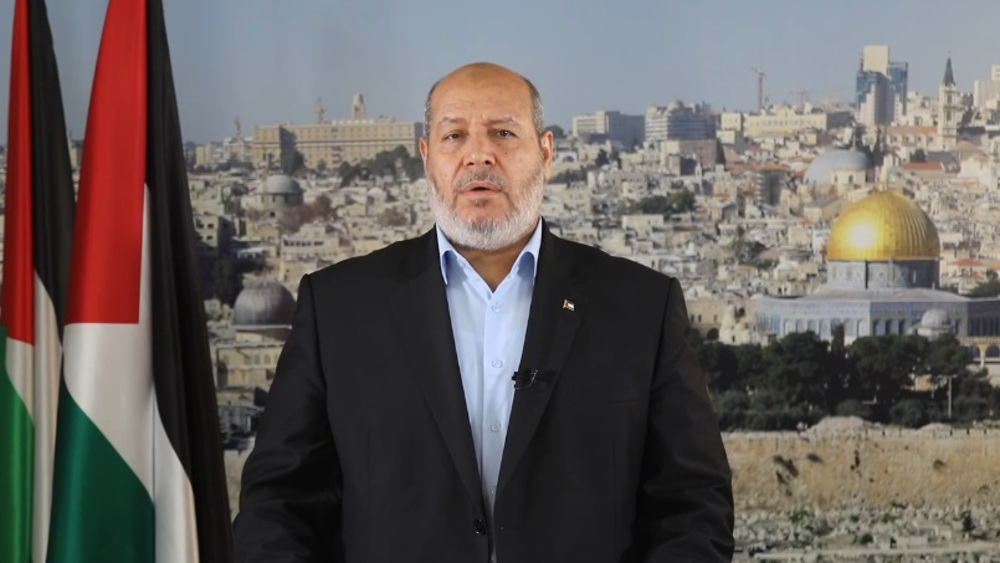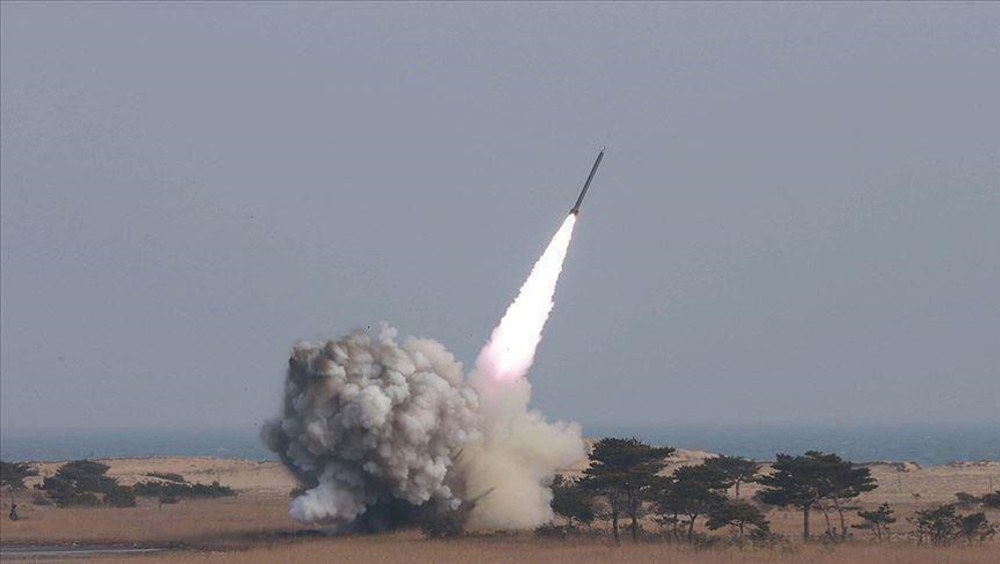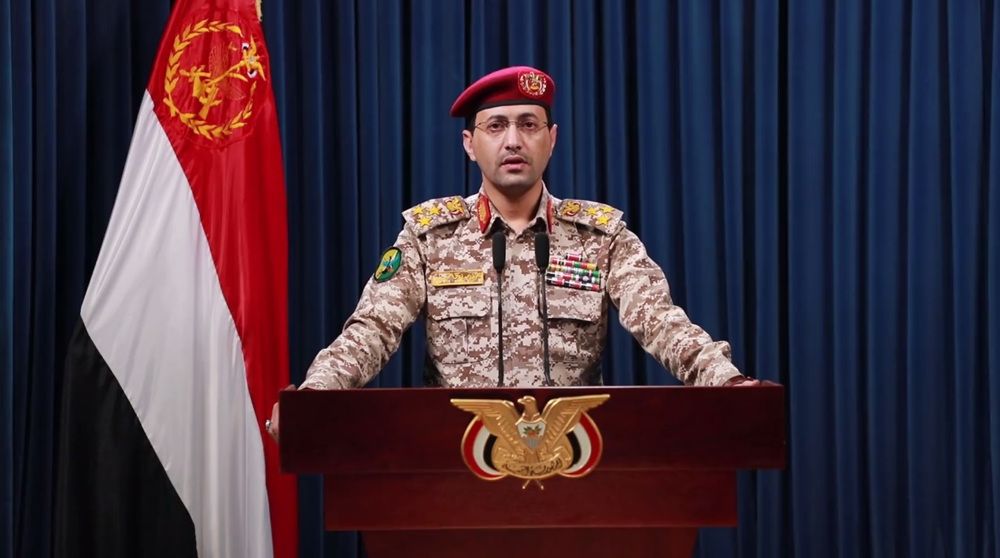Saudi Arabia disallows UN aid staff to fly to crisis-hit Yemen
Saudi Arabia, which is leading an atrocious military campaign against Yemen, has prevented a United Nations charter flight carrying aid agency staff from travelling to its impoverished and crisis-stricken southern neighbor, where millions of people are in need of humanitarian or protection assistance.
Aviation sources, speaking on condition of anonymity, said the flight was prevented from taking off from Djibouti to the Yemeni capital city of Sana’a, currently under the control of Houthi Ansarullah fighters, presumably over the presence of three journalists working for British state-run broadcaster BBC.
“The [Saudi-led] coalition claimed that the security of the journalists could not be guaranteed in Houthi-controlled areas, and advised the three journalists to travel on commercial flights,” Ahmed Ben Lassoued, a spokesman for the United Nations Office for the Coordination of Humanitarian Affairs (OCHA) in Yemen, said on Tuesday.
“It's unfortunate and partially explains why Yemen, which is one of the world's largest humanitarian crises, is not getting enough attention in international media,” he added.
Ben Lassoued noted, “The lack of coverage is also hindering humanitarians' effort to draw the attention of the international community and donors to the humanitarian catastrophe the country is experiencing.”
An unnamed source in the Saudi-led military contingent later claimed that the administration of Saudi-backed and resigned Yemeni president Abd Rabbuh Mansur Hadi is the only party entitled to issue visas for foreigners, adding that visitors to Yemen must fly to the country’s southern port city of Aden, which is under the control of the former government.
“The United Nations is not concerned with transporting journalists, except those who are coming to cover its own activities,” the source commented, noting that the world agency must ensure the journalists safety and make sure they do not carry out any other activity.
The United Nations has frequently called on Saudi Arabia to immediately lift its “paralyzing” aerial and naval blockade on Yemen.

“The unwarranted restrictions on the flow of commercial and humanitarian goods and services into Yemen and impeding distribution within the country are paralyzing a nation that for far too long has been a victim of war,” Idriss Jazairy, UN special rapporteur on the negative impacts of unilateral coercive measures on the enjoyment of human rights, said in a statement in mid-April.
The Saudi blockade is one of the main causes of the humanitarian catastrophe in Yemen and has disrupted the import and export of food, fuel and medical supplies as well as humanitarian aid, he added.
The UN expert also deplored the dramatic situation in the port city of Hudaydah, a major lifeline for imports into Yemen, a country that is 80–90 percent dependent on imported stuff for its survival.
Earlier this month, the UN announced that more than 17 million people in Yemen are currently food-insecure, of whom 6.8 million are severely food-insecure and in need of immediate aid.
It underscored that Yemen conflict that has left 18.8 million people in need of assistance, including 10.3 million who require immediate assistance to save or sustain their lives.
Saudi Arabia has been incessantly pounding Yemen since March 2015 in an attempt to reinstate Hadi, a staunch ally of Riyadh, and to undermine the Houthi Ansarullah movement. The Riyadh regime has, however, failed to reach its goals despite suffering great expense.
The military aggression has claimed the lives of more than 12,000 people, mostly civilians.
Jan. 15: ‘Axis of Resistance’ operations against Israeli occupation
VIDEO | US fires: Criticism mounts over govt. failure to respond
VIDEO | Fears, hope in Gaza amid intensified ceasefire efforts
VIDEO | Press TV's news headlines
Hamas: Ceasefire agreement result of steadfastness, resistance in Gaza over 15 months
Hamas thanks Iran, Resistance Front following achievement of ceasefire in Gaza
'Capitulation': Israeli officials and media concede Gaza defeat as truce unfolds
'Gaza has won': Social media users react to ceasefire with mix of relief, joy



















 This makes it easy to access the Press TV website
This makes it easy to access the Press TV website